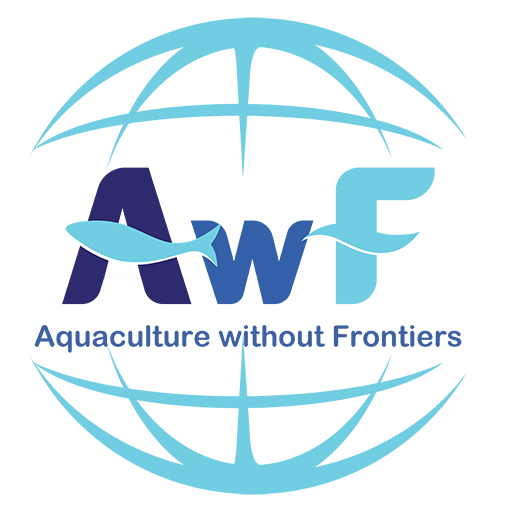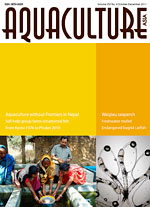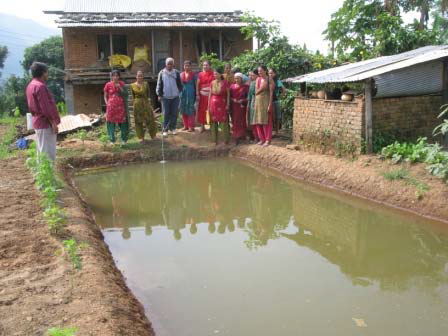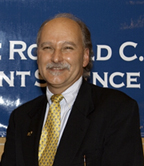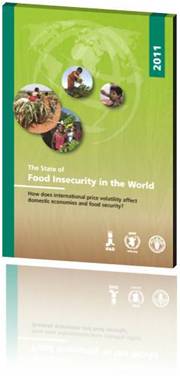Category:Updates
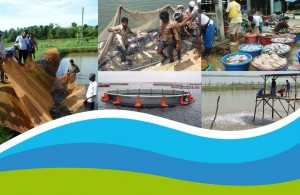 More than 50 per cent of the world’s food fish will come from aquaculture, making it a crucial method to reduce poverty and combat food insecurity, said a United Nations report released today, while calling for governments to step up their efforts to support this practice.
More than 50 per cent of the world’s food fish will come from aquaculture, making it a crucial method to reduce poverty and combat food insecurity, said a United Nations report released today, while calling for governments to step up their efforts to support this practice.
Aquaculture, which involves cultivating fresh water and saltwater populations of fish under controlled conditions as opposed to catching fish in the wild, is the world’s fastest growing source of animal protein, growing by more than 60 per cent between 2000 and 2008, from 32.4 million tons to 52.5 million tons, according to the report.
“With stagnating global capture fishery production and an increasing population, aquaculture is perceived as having the greatest potential to produce more fish in the future to meet the growing demand for safe and quality aquatic food,” said the report, World Aquaculture in 2010.
The report, released by the Food and Agriculture Organization (FAO), states aquaculture has played an important role in reducing poverty in many parts of the world. However, it says it has not grown evenly throughout the planet.
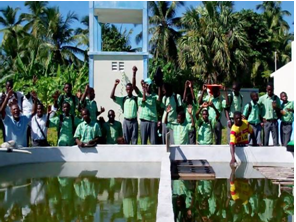 William Mebane of the Marine Biological Laboratory (MBL) in Woods Hole, Massachusetts, USA will be giving a guest lecture titled Implementing Low Resource Fish Farming Methods in Haiti: Progress, Pitfalls and the Future? about the Aquaculture Learning Center (ALC) in Marigot, Haiti. This AwF funded project, in collaboration with Novus International and others, has been reported previously in January 2012, July 2011 and February 2011.
William Mebane of the Marine Biological Laboratory (MBL) in Woods Hole, Massachusetts, USA will be giving a guest lecture titled Implementing Low Resource Fish Farming Methods in Haiti: Progress, Pitfalls and the Future? about the Aquaculture Learning Center (ALC) in Marigot, Haiti. This AwF funded project, in collaboration with Novus International and others, has been reported previously in January 2012, July 2011 and February 2011. 